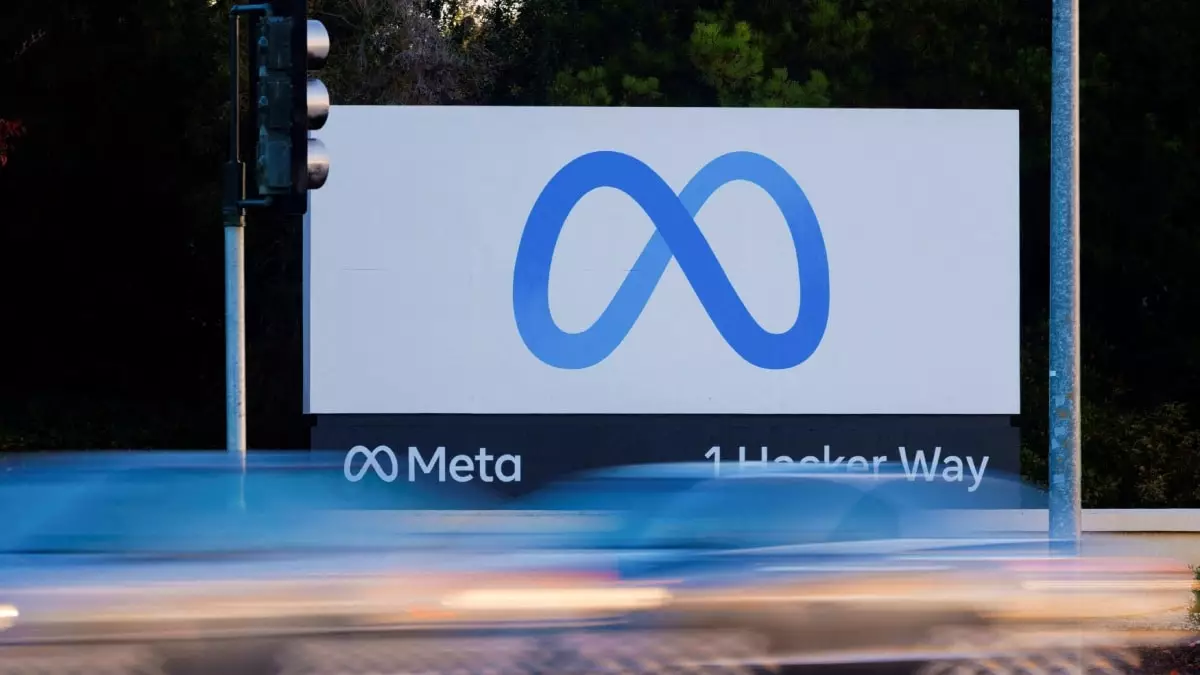In a recent report, Meta revealed the discovery of “likely AI-generated” content being used deceptively on its Facebook and Instagram platforms. This content included comments praising Israel’s handling of the war in Gaza, strategically placed below posts from global news organizations and US lawmakers. These deceptive accounts posing as Jewish students, African Americans, and concerned citizens were targeting audiences in the United States and Canada. The campaign was attributed to Tel Aviv-based political marketing firm STOIC, although they did not provide an immediate response to the allegations.
While Meta has previously encountered basic profile photos generated by artificial intelligence in influence operations, this report is the first to unveil the use of text-based generative AI technology. This emerging technology has raised concerns among researchers, as it can swiftly and inexpensively produce human-like text, imagery, and audio. There is a growing fear that this advancement in AI could potentially lead to more effective disinformation campaigns and even influence elections.
Meta’s security executives stated that they were able to detect and remove the Israeli campaign early on, not being hindered by the novel AI technologies. Despite seeing the use of generative AI tooling across these networks, they believe it has not significantly impacted their ability to identify and disrupt influence networks. However, the report highlighted six covert influence operations that Meta managed to intercept in the first quarter, including the STOIC network and an Iran-based network focusing on the Israel-Hamas conflict.
Tech giants like Meta have been grappling with the challenge of addressing the potential misuse of new AI technologies, especially in the context of elections. Researchers have uncovered instances of image generators from companies like OpenAI and Microsoft producing photos with voting-related disinformation, despite having policies against such content. To combat this issue, companies have introduced digital labeling systems to mark AI-generated content at the time of creation. However, concerns remain regarding the effectiveness of these tools, particularly with text-based content.
As election seasons approach, Meta is facing critical tests of its defenses against deceptive AI-generated content. With elections in the European Union scheduled for early June and the United States in November, the pressure is on for social media platforms to enhance their detection and prevention mechanisms. The continuous evolution of AI technology means that platforms must remain vigilant and adaptive in order to combat the rising tide of deceptive campaigns on social media.
The emergence of AI-generated deceptive content poses a significant threat to the integrity of social media platforms and democratic processes. While efforts are being made to address this issue, the rapid advancement of AI technology means that platforms like Meta must be proactive in implementing robust solutions to combat the spread of disinformation. The battle against deceptive campaigns on social media is ongoing, and the stakes are higher than ever.


Leave a Reply